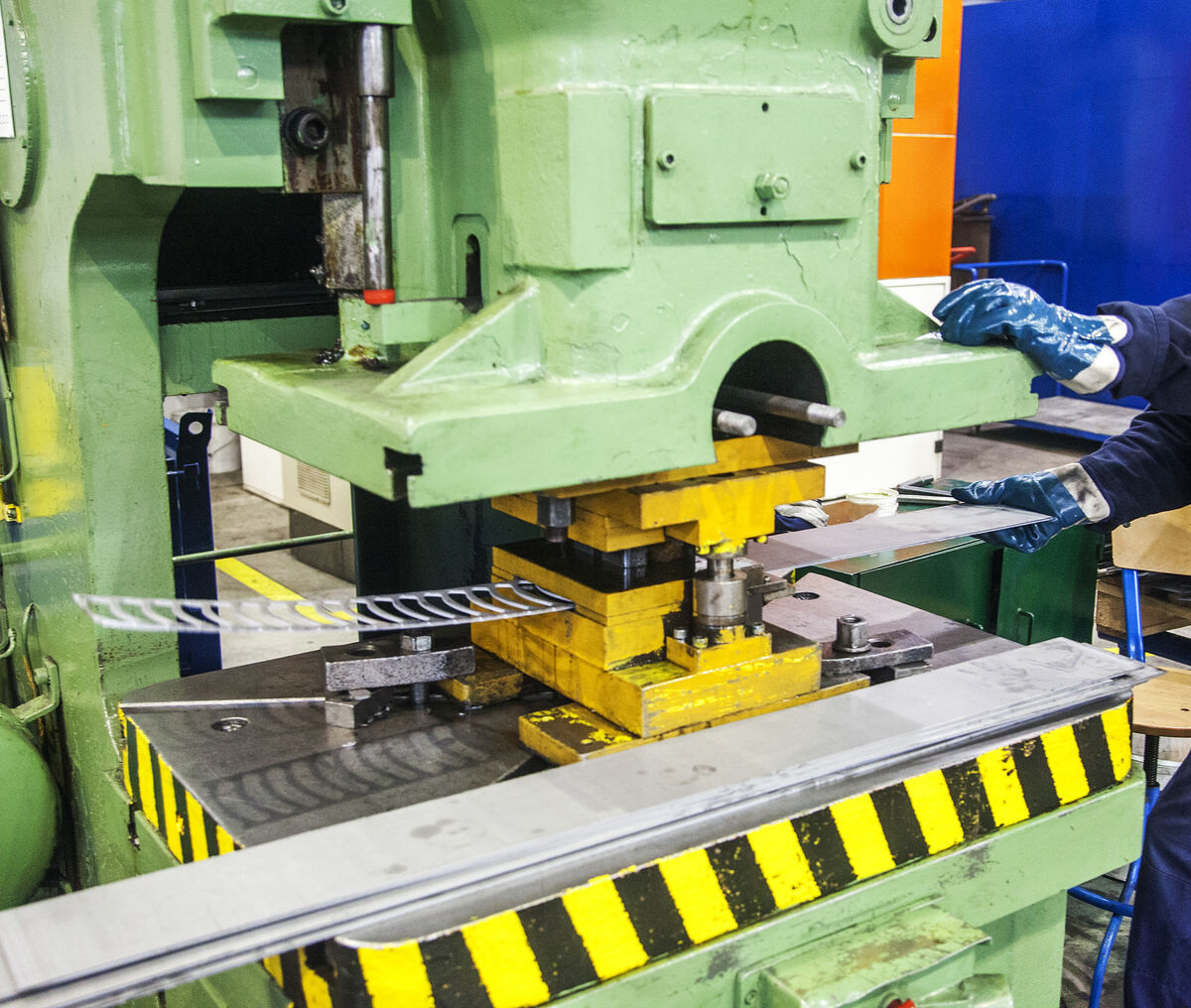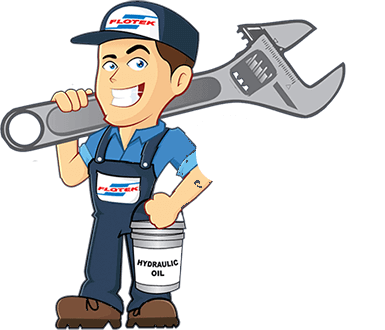Noisy Hydraulics – What Does It Mean?

Are your hydraulic machines getting noisier? Excessive noise in hydraulic equipment is not normal and is often a sign that something is not right. We outline the six common causes and what they might indicate.
1. Aeration (Air Contamination)
Noise Type:
Knocking or banging sounds.
Cause:
Air bubbles in the hydraulic fluid, which collapse under pressure.
Potential Issues:
Loose fittings or connections allowing air into the system.
Low fluid levels causing air to be drawn in.
Damaged seals or gaskets.
2. Cavitation
Noise Type:
High-pitched whining or rattling.
Cause:
Formation and collapse of vapour bubbles in the fluid because there’s not enough fluid supply.
Potential Issues:
Blocked or restricted intake lines.
Dirty or clogged filters.
Not enough hydraulic fluid.
3. Pump Problems
Noise Type:
Loud whining, groaning, or rattling.
Cause:
Issues with the hydraulic pump.
Potential Issues:
Worn or damaged pump components.
Incorrect pump speed or pressure settings.
The pump is out of balance.
4. Vibration
Noise Type:
Vibrations or humming sounds.
Cause:
Loose or incorrectly installed components.
Potential Issues:
Loose mounting bolts.
Misaligned shafts or couplings.
Inadequate support for hoses or lines.
5. Contaminated Fluid
Noise Type:
General increase in operational noise.
Cause:
Dirt, debris, or water in the hydraulic fluid.
Potential Issues:
Clogged filters.
Poor maintenance practices.
Fluid degradation over time.
6. Improper System Design or Setup
Noise Type:
Varied noises depending on the issue.
Cause:
Design flaws or improper settings.
Potential Issues:
Incorrectly sized components.
Overloaded system.
mproper relief valve settings.
Troubleshooting Steps:
Check hydraulic fluid levels and top up if necessary.
Inspect for loose connections, damaged seals, or air leaks.
Clean, or even replace, your filters.
Examine the pump for wear, alignment, and pressure settings.
Take an oil sample and check for signs of contamination. If the particle count is too high, replace the hydraulic fluid.
Persistent noise in your hydraulic system shouldn’t be ignored. It’s generally noisy for a reason. Assessing the cause of excess noise can potentially prevent a major breakdown in the future, as well as prevent what could become a safety hazard.




